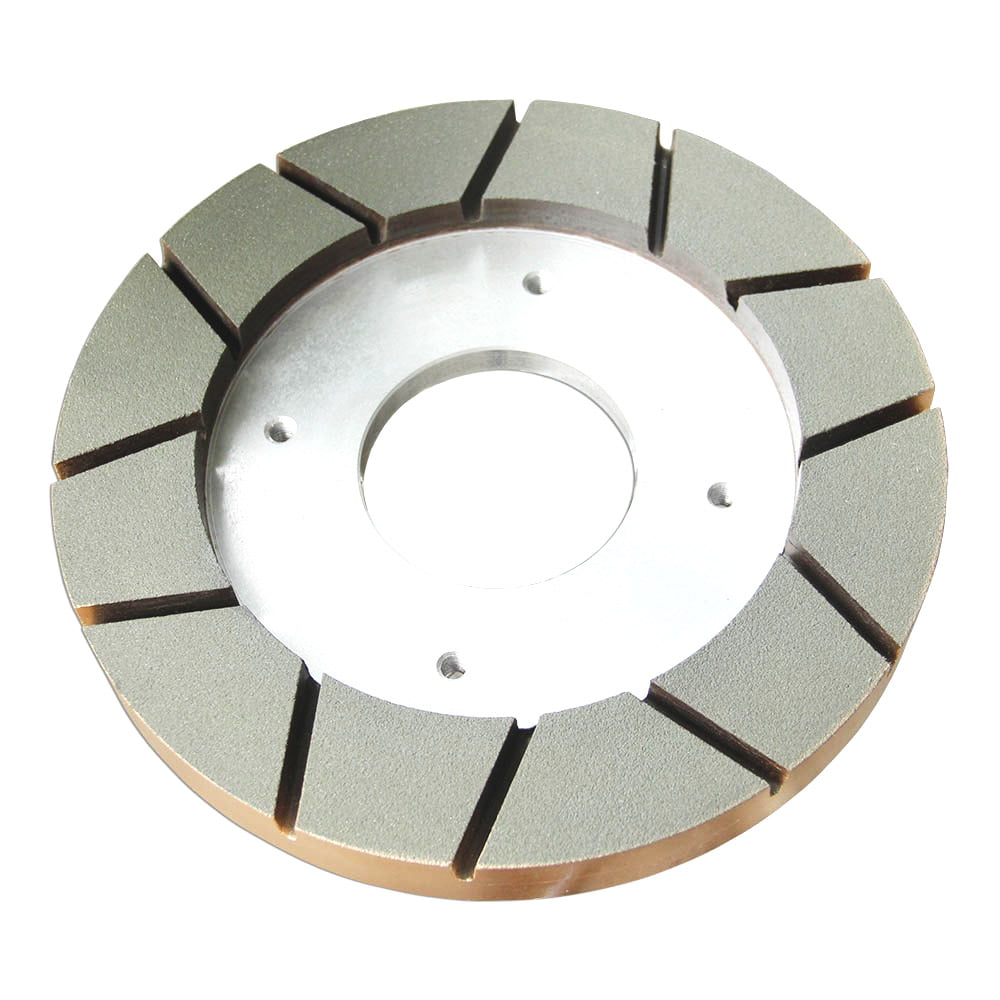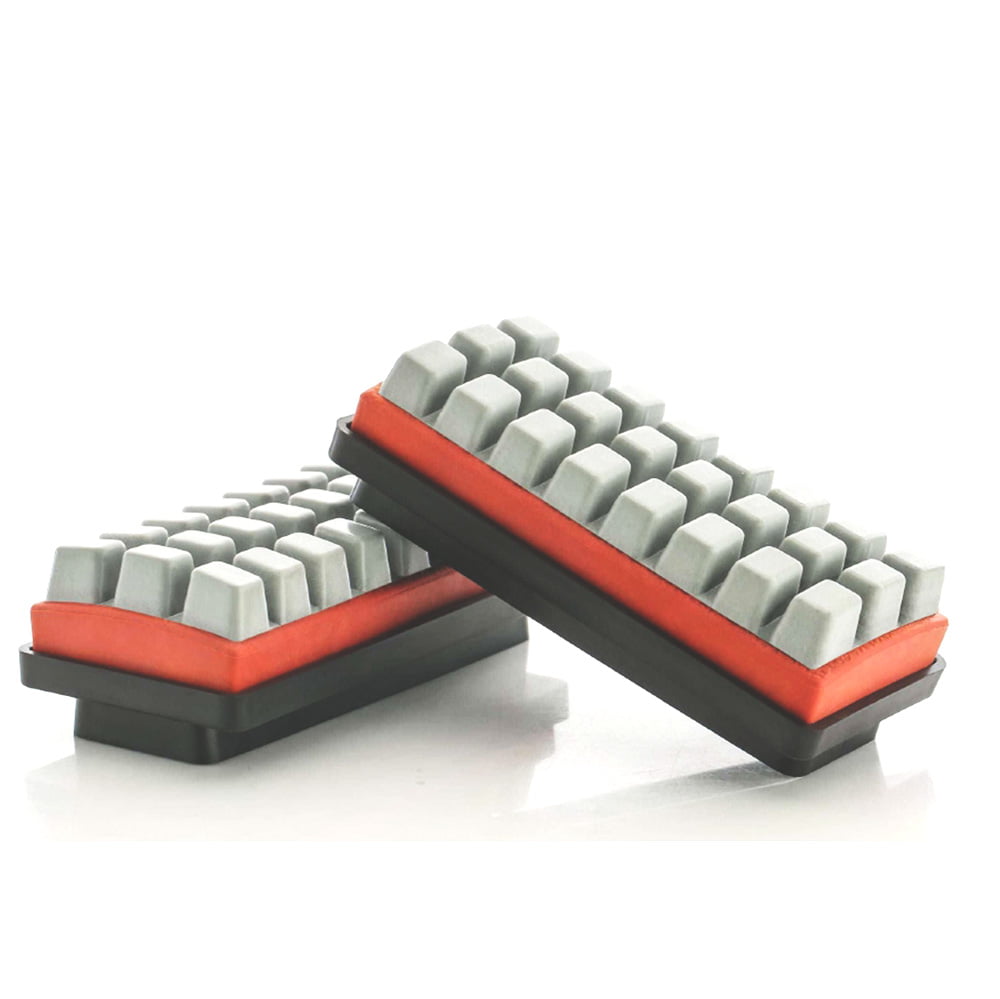Introduction
In the world of ceramic and porcelain tiles, achieving the perfect surface finish is an art form in itself. One of the key tools in this process is the Diamond Lappato Abrasive. In this article, we’ll dive into what lappato abrasives are, how they work, and their significance in the tile industry.
What Is a Lappato Abrasive?
Lappato abrasives are specialized tools used for polishing and honing ceramic and stone surfaces, primarily in the production of tiles. These abrasives are infused with diamond resin, making them highly effective in shaping and finishing workpieces. But what sets them apart from traditional abrasives is their unique ability to achieve a specific surface finish – the lappato finish.
The Lappato Finish
The lappato finish is characterized by its glossy yet textured appearance. It’s neither fully polished nor entirely matte, striking a perfect balance that adds elegance and depth to ceramic tiles. Achieving this finish requires precision and the right tools, which is where diamond lappato abrasives come into play.
How Do Diamond Lappato Abrasives Work?
Understanding how these abrasives work is crucial to appreciating their significance in the tile industry. Here’s a simplified breakdown:
- Material Removal: Lappato abrasives gradually remove material from the tile surface, leaving a smooth and even texture.
- Diamond Resin: The diamond resin in the abrasive is responsible for the fine polishing and honing. It creates the glossy appearance while ensuring uniformity.
- Water Lubrication: These abrasives are often used in the presence of water, which helps control temperature and prevent overheating during the process.
- Semi-Polishing: The lappato abrasive achieves the desired lappato finish, which combines the benefits of full polishing and semi-polishing.
The Significance of Lappato Abrasives
Lappato abrasives are more than just tools; they are a game-changer in the tile industry for several reasons:
- Aesthetic Appeal: They create tiles with a unique and visually appealing finish that stands out in any setting.
- Versatility: These abrasives are suitable for various types of ceramic and stone surfaces, offering flexibility in design.
- Quality Assurance: Using diamond lappato abrasives ensures consistency and precision in tile production, meeting quality standards.
Where to Find Lappato Abrasives
If you’re in the ceramic tile industry and want to harness the power of lappato abrasives, there are reputable suppliers and manufacturers that specialize in these tools. Companies like Surfaces Group, Basair Diamond Tools, and Mec Abrasives offer a wide range of lappato abrasive products to suit your needs.
Frequently Asked Questions
1. Can lappato abrasives be used on all types of tiles?
- Lappato abrasives are versatile and can be used on various ceramic and stone tiles, but it’s essential to choose the right abrasive for the specific material.
2. Are lappato abrasives suitable for both large-scale and small-scale tile production?
- Yes, lappato abrasives are used in both small and large-scale tile production, making them accessible to manufacturers of all sizes.
3. How do I maintain and clean lappato-finished tiles?
- Lappato-finished tiles are relatively easy to maintain. Regular cleaning with a mild detergent and water is usually sufficient to keep them looking their best.
4. Can lappato abrasives be used for outdoor tiles?
- While lappato abrasives are primarily used for indoor tiles, some variants are suitable for outdoor applications. It’s essential to consult with the manufacturer for the right product.
5. Are lappato-finished tiles more expensive than traditional tiles?
- Lappato-finished tiles can be slightly more expensive due to the specialized process and materials involved, but their unique aesthetics often justify the cost.
In conclusion, diamond lappato abrasives are not just tools; they are the secret behind stunning and versatile tile finishes. Whether you’re a tile manufacturer or a homeowner looking to upgrade your space, the lappato finish is a game-changer in the world of ceramic and stone surfaces. So, why settle for ordinary when you can have extraordinary with lappato abrasives?



